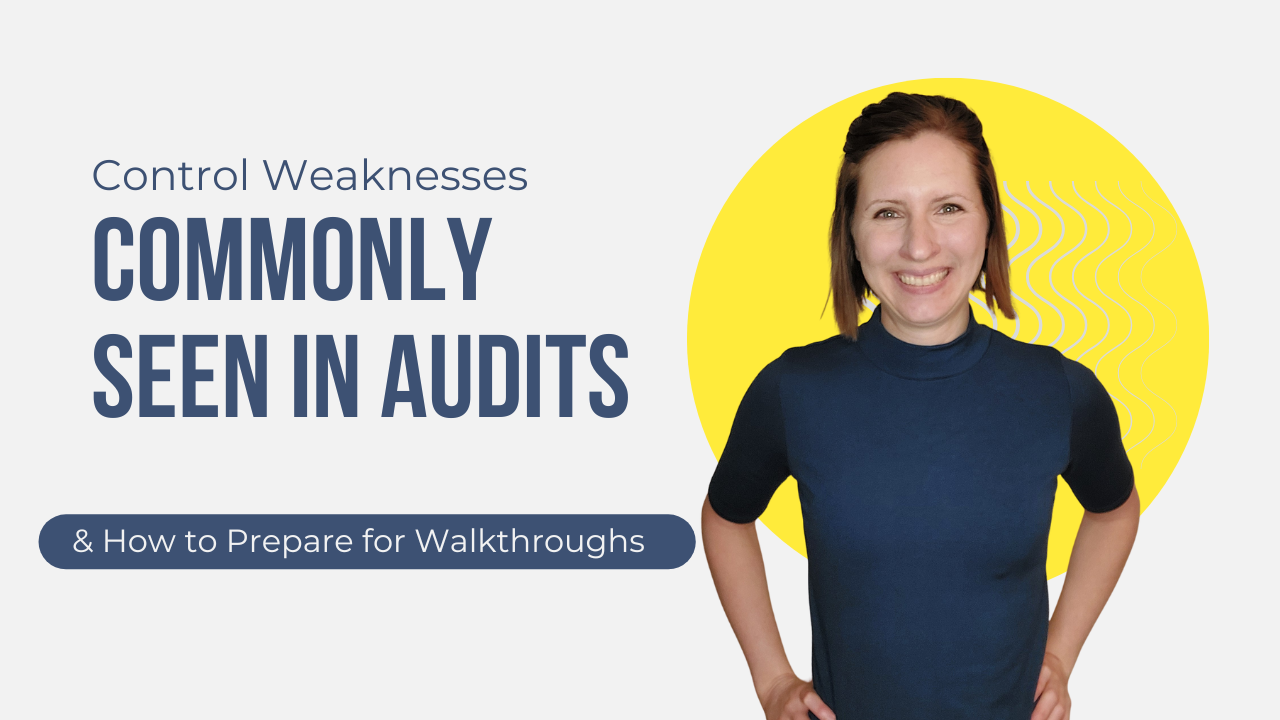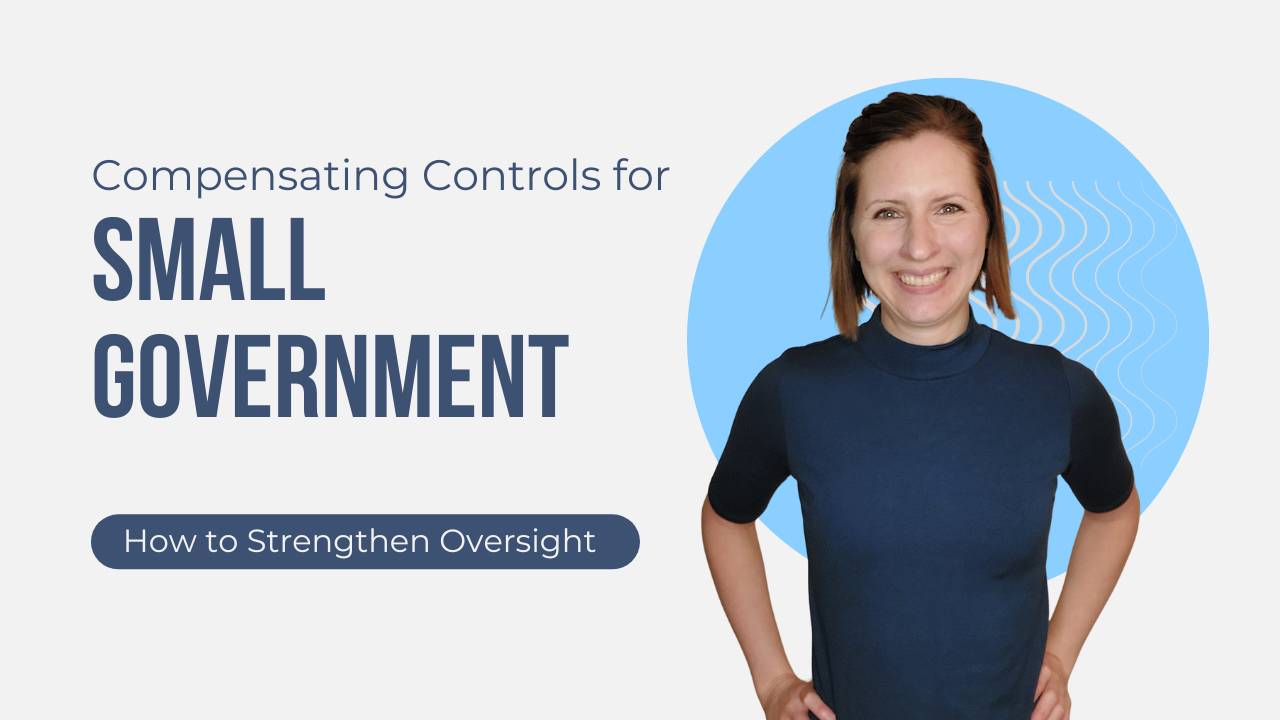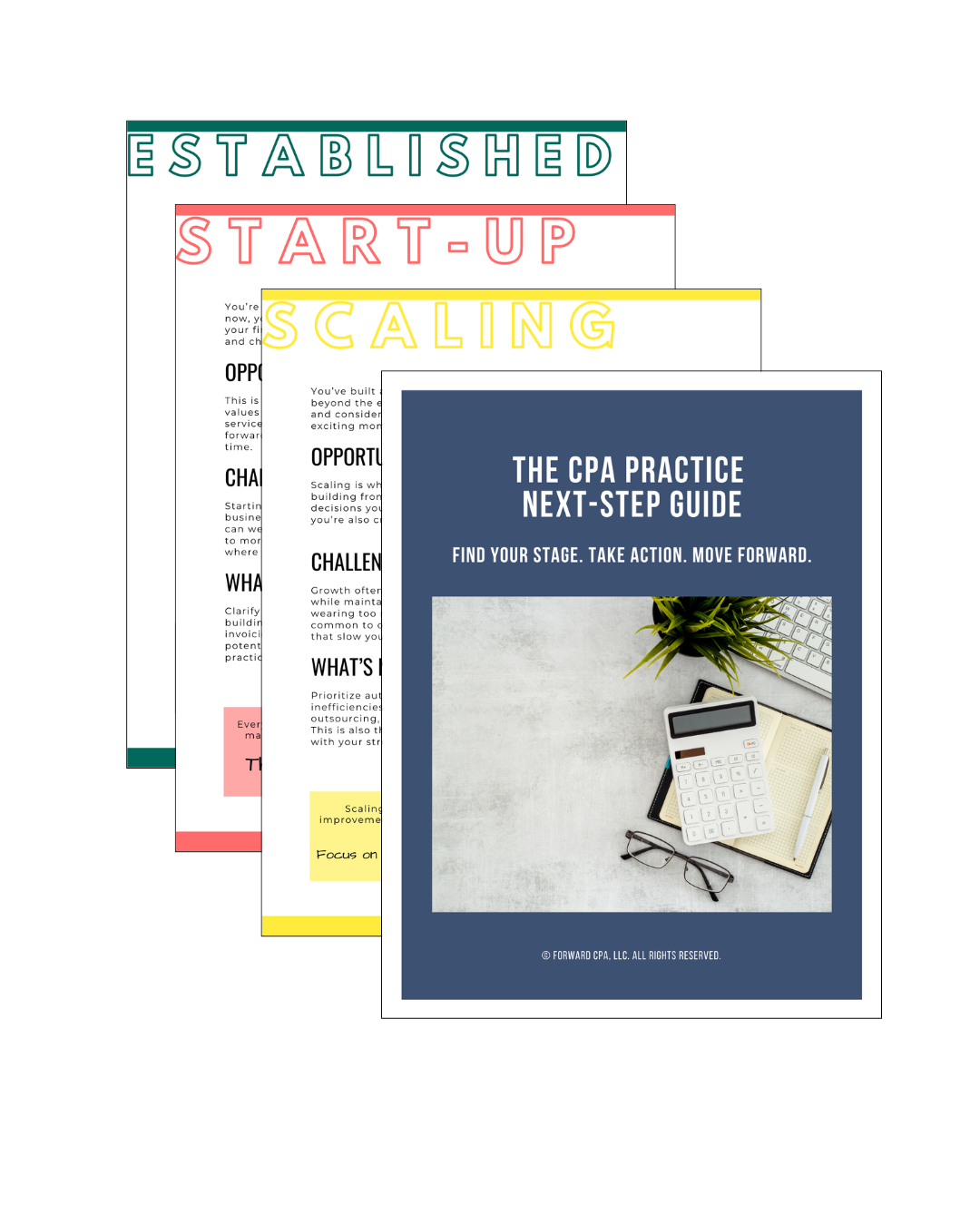Should You Drop Low-Fee Government Clients? A Decision Framework for Small Firms
Aug 05, 2025
If you run a small CPA firm that audits governments, there’s a good chance you’ve taken on clients over the years that, if you’re honest, don’t really fit anymore.
They might be:
-
Underpriced for the amount of work involved
-
Requiring a disproportionate amount of handholding
-
Always late with documentation
-
Pushing the boundaries of scope, year after year
And now you’re asking the question many firm owners wrestle with:
Should I drop my low-fee clients?
It’s not an easy decision—especially when you’ve built relationships or when you know the client truly needs the service.
But it’s a necessary one if you want to grow without burning out.
Here’s a practical framework to help you decide whether to keep, increase, or release those low-fee engagements—and how to do it with professionalism and confidence.
1. Define What “Low-Fee” Means in Your Firm
It’s not just about the invoice amount. A $5,000 audit might be fine if it takes 15 hours and fits your workflow. But if it takes 40 hours, causes multiple delays, and eats up your calendar, it’s costing you more than you think.
✅ Ask:
-
What is my effective hourly rate for this client?
-
How does that compare to my average?
-
How much time does this client take beyond the fieldwork?
-
Does it regularly spill into my evenings or weekends?
If a client consistently pays far below the value of your time, it’s worth reevaluating.
2. Evaluate Fit Beyond the Fee
Sometimes the issue isn’t just money—it’s alignment.
✅ Red flags that suggest a poor fit:
-
Repeated late or incomplete prep
-
Resistance to following your process or using templates
-
Pushback on recommendations or adjusting entries
-
Scope creep without willingness to increase fees
-
High-stress communication (reactive, defensive, or dismissive)
A client who respects your time and values your service—even at a lower fee—might still be worth keeping. One who doesn’t? Probably not.
3. Consider Your Strategic Direction
Where is your firm going in the next 1–3 years?
If you want to grow, specialize, or systematize, every engagement should support that direction—not pull you away from it.
✅ Ask:
-
Does this client align with my niche (e.g., school districts, small municipalities)?
-
Would I want 10 more clients just like this one?
-
Does this audit help train staff, build templates, or support system development?
-
Am I holding on out of loyalty or scarcity?
If the answer is no across the board, the client may be taking up space that a better-fit client could fill.
4. Explore Alternatives First
You don’t have to drop every low-fee client overnight. Start by reviewing your options.
✅ Before letting them go, consider:
-
Offering a fee increase that reflects the true scope of work
-
Limiting scope or requiring stronger prep before fieldwork begins
-
Using templates or seasonal staff to reduce your time commitment
-
Referring them to another firm that might be a better fit
In many cases, the client may not realize how far outside the original scope their engagement has drifted—and may be open to an adjustment.
5. Exit with Professionalism and Care
If you do decide to disengage, do it with integrity and clarity. Give ample notice and offer support in the transition.
✅ Your communication should include:
-
Gratitude for the relationship
-
Clear reasoning (capacity, firm direction, etc.)
-
Suggestions for next steps or referrals
-
A reminder that it’s not personal—it’s about alignment and sustainability
You’re not leaving them stranded—you’re helping them find a better fit, while protecting your firm’s future.
Dropping Low-Fee Clients Isn’t Selfish—It’s Strategic
Letting go of a client you’ve worked with for years is hard.
But keeping clients who no longer fit your vision, pricing, or capacity is harder—on your time, your team, and your sanity.
Use this decision as a step forward:
✅ Toward a firm that reflects your goals
✅ Toward work that values your expertise
✅ Toward a schedule you can sustain
Your firm deserves clients who value the work—and so do you.
Your Next Step Forward
Join the newsletter designed to help CPAs take the next best step in building a practice they love, with practical insights, game-changing tools, and quick wins in every email.
We hate SPAM. We will never sell your information, for any reason.




